But get ready to change your occupation.
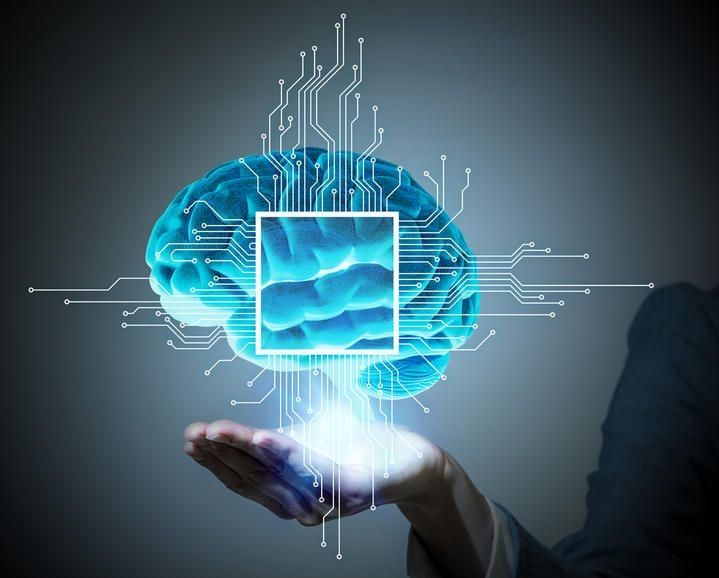

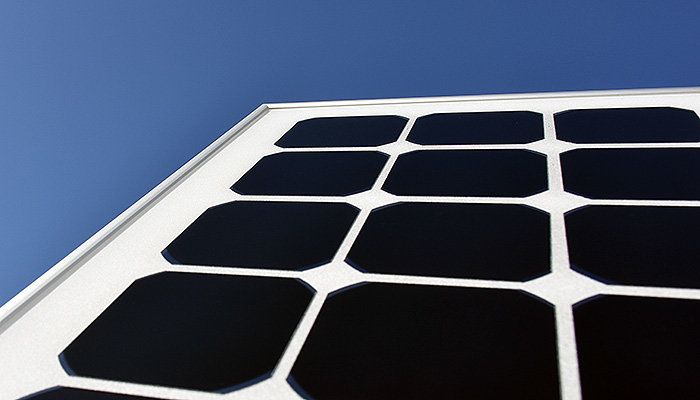
A 2011 invention made by Aalto University’s researchers has proceeded from concept to reality. Just a few years ago the researchers obtained the record efficiency of 22% in the lab for nanostructured solar cells using atomic layer deposition, and now with the help of industrial partners and joint European collaboration, the first prototype modules have been manufactured on an industrial production line.
“Our timing could not have been better” prof. Hele Savin, who led the research, was pleased to tell. Indeed, 2018 is commonly called the “Year of Black Silicon” due to its rapid expansion in the photovoltaic (PV) industry. It has enabled the use of diamond-wire sawing in multicrystalline silicon, which reduces costs and environmental impact. However, there is still plenty of room for improvement as the current black silicon used in industry consists of shallow nanostructures that leads to sub-optimal optical properties and requires a separate antireflection coating.
Aalto’s approach consists of using deep needle-like nanostructures to make an optically perfect surface that eliminates the need for the antireflection coatings. Their industrial production, however, was not an easy task. “We were worried that such a fragile structure would not survive the multi-step mass production, because of rough handling by robots or module lamination.”

Realistic climate simulations require huge reserves of computational power. An LMU study now shows that new algorithms allow interactions in the atmosphere to be modeled more rapidly without loss of reliability.
Forecasting global and local climates requires the construction and testing of mathematical climate models. Since such models must incorporate a plethora of physical processes and interactions, climate simulations require enormous amounts of computational power. And even the best models inevitably have limitations, since the phenomena involved can never be modeled in sufficient detail. In a project carried out in the context of the DFG-funded Collaborative Research Center “Waves to Weather”, Stephan Rasp of the Institute of Theoretical Meteorology at LMU (Director: Professor George Craig) has now looked at the question of whether the application of artificial intelligence can improve the efficacy of climate modelling. The study, which was performed in collaboration with Professor Mike Pritchard of the University of California at Irvine und Pierre Gentine of Columbia University in New York, appears in the journal PNAS.
General circulation models typically simulate the global behavior of the atmosphere on grids whose cells have dimensions of around 50 km. Even using state-of-the-art supercomputers the relevant physical processes that take place in the atmosphere are simply too complex to be modelled at the necessary level of detail. One prominent example concerns the modelling of clouds which have a crucial influence on climate. They transport heat and moisture, produce precipitation, as well as absorb and reflect solar radiation, for instance. Many clouds extend over distances of only a few hundred meters, much smaller than the grid cells typically used in simulations – and they are highly dynamic. Both features make them extremely difficult to model realistically. Hence today’s climate models lack at least one vital ingredient, and in this respect, only provide an approximate description of the Earth system.

Samsung has opened its second U.S. artificial intelligence (AI) research facility (sixth globally), as the Korean electronics giant continues to double down on its investments in transformative technologies.
Samsung announced last year that it was planning a new AI research hub, and in the intervening months it actually opened centers in Canada, the U.K., and Russia, in addition to existing facilities in Seoul (South Korea) and Mountain View, California.
Its latest center, which will focus chiefly on robotics, is located in Chelsea, New York City and was officially opened at a ceremony featuring renowned AI expert Daniel D. Lee, executive vice president of Samsung Research. Lee joined the company a couple of months back and will lead the new AI center.
This human-sized robot gives hugs.
A team of robot arms on mobile bases can 3D print large structures quickly.
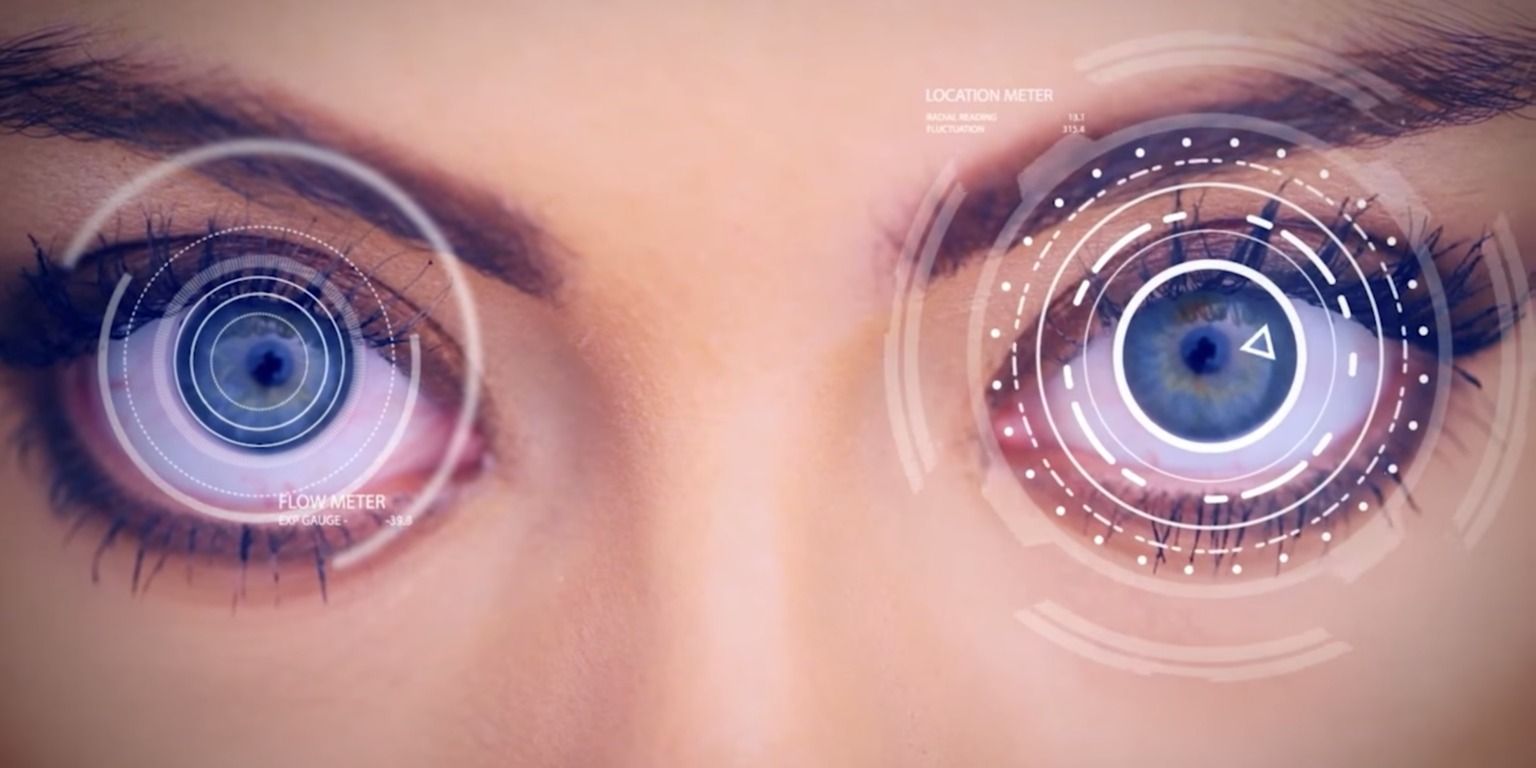
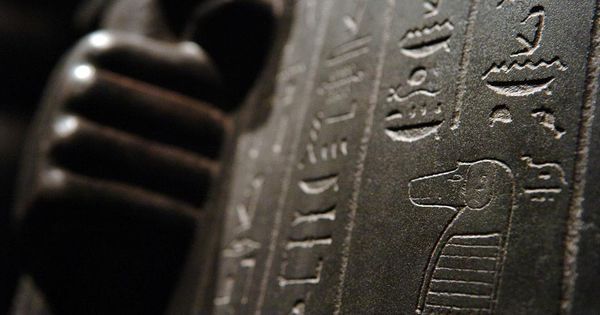

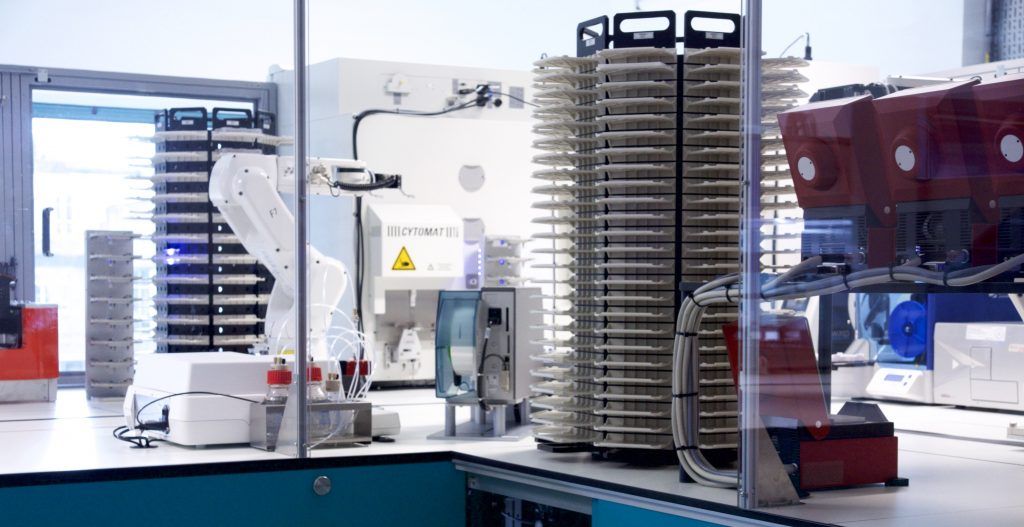
Data centers are the new oil refineries, argues The Economist. Where black sludge and steam once marked the beating heart of the economy, now blinking servers laced with fiber optic cables indicate where the action is.
Biotechnology — like all other industries — must adapt. Synthetic biology teams that embrace modern tools like cloud computing, professionally built software, and laboratory automation will save time, reduce errors, streamline complex workflows, and maintain their agility in the digital economy. Those who fail to adopt new tools will be primed for disruption.
Software is already an integral part of biological research, but most scientific apps lag far behind the rest of the digital frontier. As the software giant Autodesk puts it: